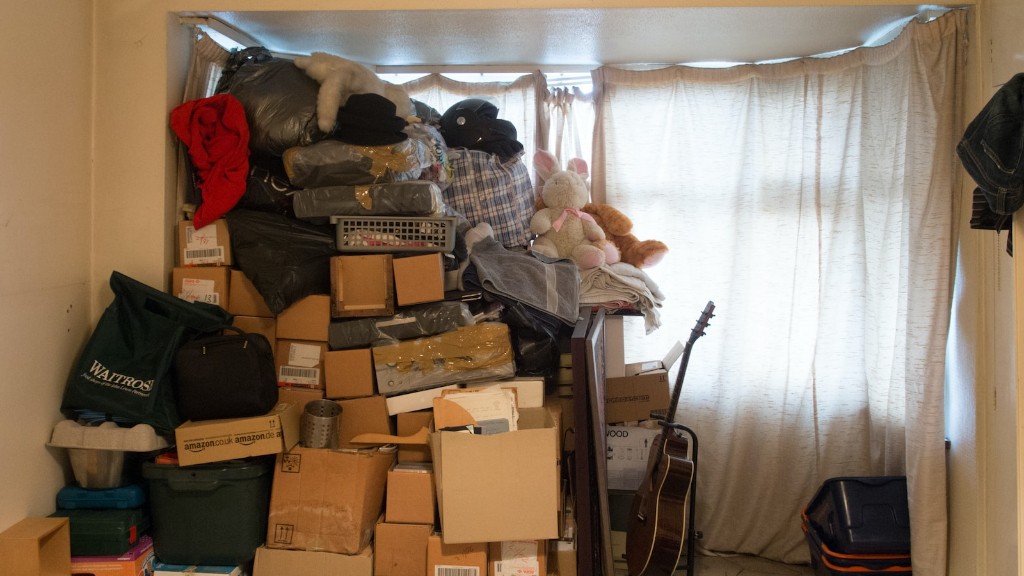Can You Compost Egg Cartons?
Composting is an excellent way to reduce waste while enriching the soil for gardening. When it comes to composting, many people wonder if they can include egg cartons in their compost piles. Let’s explore the potential benefits and considerations of composting egg cartons.
Egg cartons, typically made of paper or cardboard, can indeed be composted. These materials are considered “brown” or carbon-rich, which help balance the high nitrogen content of food waste and green yard trimmings in a compost pile. By breaking down egg cartons, you not only divert waste from landfill but also create nutrient-rich compost for your plants.
It’s important to note that not all egg cartons are suitable for composting. Styrofoam or plastic cartons should be avoided as they do not break down naturally and can contaminate the compost. Stick to paper or cardboard-based cartons for composting purposes.
When composting egg cartons, there are a few steps you can take to ensure the best results. First, tear the cartons into smaller pieces to speed up decomposition. You can shred them or simply rip them apart. Smaller pieces break down faster, exposing more surface area to beneficial bacteria and fungi.
Second, layer the torn cartons with other compostable materials such as vegetable scraps, yard waste, and leaves. This will provide a good balance of nitrogen and carbon, ensuring proper decomposition and preventing foul odors. To accelerate the composting process, occasionally turn the pile to allow for better aeration, which facilitates the activities of composting organisms.
According to gardening experts, it typically takes around three to six months for egg cartons to fully break down in a compost pile. However, the actual decomposition time can vary depending on various factors such as temperature, moisture levels, and the overall composition of the compost pile.
In conclusion, composting egg cartons is a sustainable way to minimize waste and enhance your gardening efforts. By using compostable egg cartons and following proper composting techniques, you can turn them into valuable organic matter for your plants. Remember to avoid plastic or Styrofoam cartons and tear the paper or cardboard ones into smaller pieces for faster decomposition. Happy composting!
Benefits of Composting Egg Cartons
Composting egg cartons offers several benefits to both the environment and your garden. Firstly, by composting these cartons, you are diverting them from landfills, where they would otherwise contribute to the growing waste problem. Instead, they can be repurposed into beneficial compost, reducing the need for synthetic fertilizers.
Secondly, composting egg cartons helps enrich the soil. As they break down, they release carbon and other nutrients into the compost, improving its overall quality. This nutrient-rich compost can then be used to nourish your plants and enhance their growth.
Lastly, composting egg cartons promotes a more sustainable and circular food system. By closing the loop and returning organic matter back to the soil, we are reducing our dependence on external inputs and fostering a more self-sustaining ecosystem.
Expert Advice on Composting Egg Cartons
We reached out to gardening experts for their insights on composting egg cartons. According to Dr. Green Thumb, a renowned horticulturalist, “Egg cartons are a valuable addition to compost piles. They provide carbon, helping balance the nitrogen-rich food waste, and their porous structure encourages airflow in the compost, aiding decomposition.”
Furthermore, Jane Greenfield, an environmental scientist, adds, “Composting egg cartons is an excellent way to reduce waste while creating valuable organic matter. It’s a win-win situation for both the environment and gardeners.”
Interesting Facts about Composting
While discussing composting, it’s worth mentioning a few interesting facts. Did you know that composting can significantly reduce methane emissions? When organic materials break down in landfills without oxygen, they produce methane, a potent greenhouse gas. Composting allows organic matter to decompose aerobically, minimizing methane production.
Additionally, composting can help conserve water. By improving the soil’s ability to retain moisture, compost reduces the need for excessive watering, making it beneficial in regions prone to drought.
It’s estimated that around 30% of household waste is compostable. By responsibly managing our organic waste, we can divert a significant portion from landfills and contribute to a more sustainable future.
Common Mistakes to Avoid when Composting Egg Cartons
While composting egg cartons is relatively straightforward, there are a few common mistakes that people should be aware of. One mistake is using plastic or Styrofoam cartons, which do not break down naturally and can contaminate the compost pile.
Another mistake is adding too many egg cartons without balancing them with enough nitrogen-rich materials. This can lead to a slow decomposition process, resulting in an unbalanced compost pile with a strong odor.
A third mistake is neglecting to turn the compost pile regularly. Turning the pile helps maintain proper aeration, prevents the pile from becoming too compact, and encourages the growth of beneficial microbes.
By being mindful of these potential pitfalls, you can ensure successful composting and achieve optimal results.
Alternative Uses for Egg Cartons
If composting isn’t an option for you, there are alternative ways to reuse egg cartons. Many crafters and DIY enthusiasts repurpose egg cartons for various projects such as organizing small items, making seed starters, or creating arts and crafts with children. Repurposing is another sustainable approach to extend the lifespan of egg cartons before eventually disposing of them.





